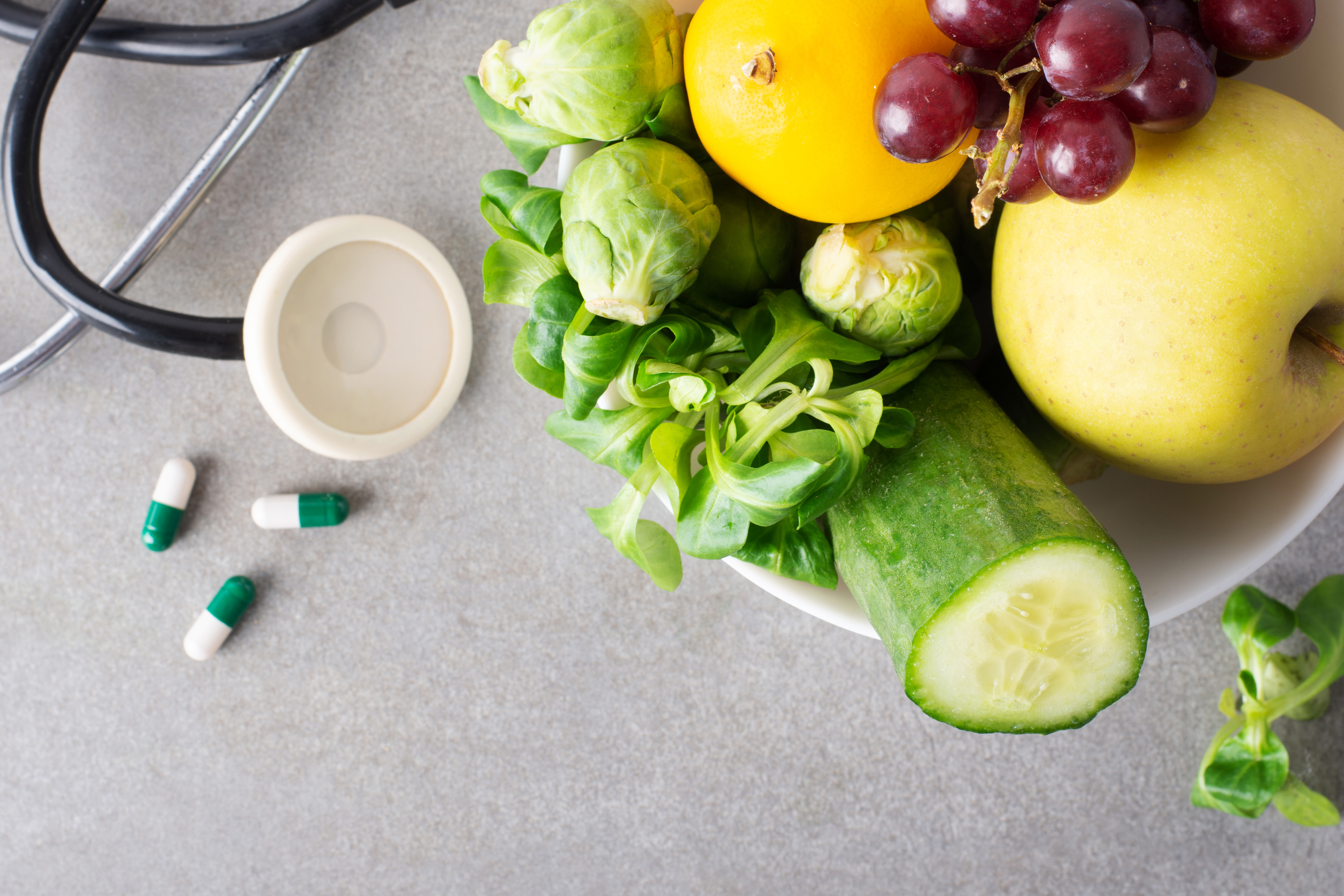Free delivery nationwide for orders above ₱800
+63(998)858-3957 Mon-Fr 9a.m.-6p.m.
+63(906)084-8874 Mon-Fr 9a.m.-6p.m.
Email contact@medsgo.ph
Address
Philippines, Mandaluyong, Unit B, LN Bldg., 738 Shaw Blvd., Greenfield District, Highway Hills
How to Lower Cholesterol Naturally
09/25/2024

How to Lower Cholesterol Naturally: A Comprehensive Guide
High cholesterol is a common health concern that can lead to serious cardiovascular issues if left unchecked. While medications can help manage cholesterol levels, many people prefer to explore natural cholesterol remedies first. Here’s a comprehensive guide on how to lower cholesterol naturally.
1. Adopt a Heart-Healthy Diet
- Increase Fiber Intake
Dietary fiber, especially soluble fiber, can help lower cholesterol levels. Foods rich in soluble fiber include oats, beans, lentils, apples, and citrus fruits. Aim for at least 25-30 grams of fiber per day to support your healthy cholesterol diet. - Choose Healthy Fats
Replace saturated fats found in red meat and full-fat dairy with healthier fats. Incorporate sources of unsaturated fats like olive oil, avocados, nuts, and fatty fish (like salmon and mackerel) that are high in omega-3 fatty acids. These can help improve your cholesterol profile, making them vital for cholesterol management strategies. - Cut Trans Fats
Trans fats are notorious for raising LDL (bad) cholesterol levels. Avoid processed foods, fried items, and margarine that contain partially hydrogenated oils. Always check labels for trans fats to keep your heart-healthy lifestyle on track. - Incorporate Plant Sterols and Stanols
Plant sterols and stanols can help block the absorption of cholesterol. These compounds are found in fortified foods such as certain margarines and orange juice. Aim for about 2 grams of plant sterols daily for optimal benefit in managing cholesterol without medication.
2. Maintain a Healthy Weight
Losing excess weight can help lower cholesterol levels. Even a modest weight loss of 5-10% can make a significant difference. Focus on a balanced diet and regular exercise to achieve and maintain a healthy weight, as weight loss and cholesterol are closely linked.
3. Exercise Regularly
Regular physical activity can help raise HDL (good) cholesterol while lowering LDL cholesterol. Aim for at least 150 minutes of moderate aerobic exercise or 75 minutes of vigorous exercise each week. Activities such as walking, jogging, cycling, and swimming are excellent options for those looking to reduce cholesterol naturally.
4. Limit Alcohol Intake
Moderate alcohol consumption may have some heart health benefits, but excessive drinking can lead to high cholesterol and other health issues. If you choose to drink, do so in moderation: up to one drink per day for women and two for men.
5. Quit Smoking
If you smoke, quitting can improve your HDL cholesterol levels. Additionally, the benefits of quitting smoking extend beyond cholesterol, reducing your risk for heart disease and other serious health problems.
6. Manage Stress
Chronic stress may negatively impact your cholesterol levels. Practice stress-reduction techniques such as yoga, meditation, or deep-breathing exercises. Finding hobbies or engaging in activities you enjoy can also help mitigate stress and improve your overall well-being.
7. Consider Natural Supplements
Certain supplements may help lower cholesterol. Omega-3 fatty acids, flaxseeds, and psyllium husk can be beneficial additions to your routine. However, consult with a healthcare professional before starting any supplements, especially if you’re on medication.
8. Monitor Your Cholesterol Levels
Regular check-ups with your healthcare provider are crucial. Monitoring your cholesterol levels can help you understand how effective your lifestyle changes are and guide you in making necessary adjustments.
Supplements to Lower Cholesterol
In the Philippines, several supplements can help lower cholesterol levels. Here’s a comprehensive list of options available in the country:
-
- Sources: Fish oil capsules (e.g., Omega 3, Omega Guard) or plant-based options.
- Benefits: Lower triglycerides and improve overall heart health.
-
Plant Sterols and Stanols
- Sources: Supplements or fortified foods (some margarine brands).
- Benefits: Help block cholesterol absorption in the intestines.
-
Psyllium Husk
- Available in health stores or pharmacies (e.g., Metamucil).
- Benefits: A soluble fiber that can reduce LDL cholesterol levels.
-
Red Yeast Rice
- Found in supplement form in health stores or online.
- Benefits: Contains monacolin K, which can help lower LDL cholesterol.
-
Flaxseed
- Available as ground flaxseed or flaxseed oil.
- Benefits: High in omega-3s and soluble fiber, helping lower LDL cholesterol.
-
Artichoke Leaf Extract
- Available in health stores and online.
- Benefits: May help lower cholesterol by promoting bile production.
-
Coenzyme Q10 (CoQ10)
- Widely available in health stores and pharmacies.
- Benefits: Supports heart health, especially for those on statins.
Tips for Purchase and Use
- Consult a Healthcare Professional: Always discuss with a doctor before starting any medication or supplement to ensure it's appropriate for your condition. Visit MedsGo.ph for Online Consultation
- Quality Matters: Choose reputable brands, especially for supplements, to ensure safety and efficacy. Check out MedsGo.ph
- Regular Monitoring: Keep track of your cholesterol levels through regular check-ups to assess the effectiveness of your treatment plan.
Conclusion
Lowering cholesterol naturally involves a holistic approach that combines diet, exercise, and healthy lifestyle choices. By making informed decisions and prioritizing heart health, you can effectively manage your cholesterol levels and reduce your risk of cardiovascular diseases. Always consult with a healthcare professional before making significant changes to your health regimen, especially if you have existing health conditions. Your heart will thank you!
Incorporating these cholesterol-lowering tips into your daily routine can pave the way for a healthier future. Whether it’s through adjusting your diet, exercising regularly, or managing stress, every step counts in your journey to maintain a healthy cholesterol level.
Comments
No posts found
Write a review
My account
About MedsGo
Contact us
- Mandaluyong, Unit B, LN Bldg., 738 Shaw Blvd., Greenfield District, Highway Hills
- +63(998)858-3957
- +63(906)084-8874
- Mon-Sun 9.00 - 18.00
- contact@medsgo.ph
- View on map
© 2023 - 2026 MedsGo Pharmacy Chain. FDA License Number CDRR-NCR-DS-573920
